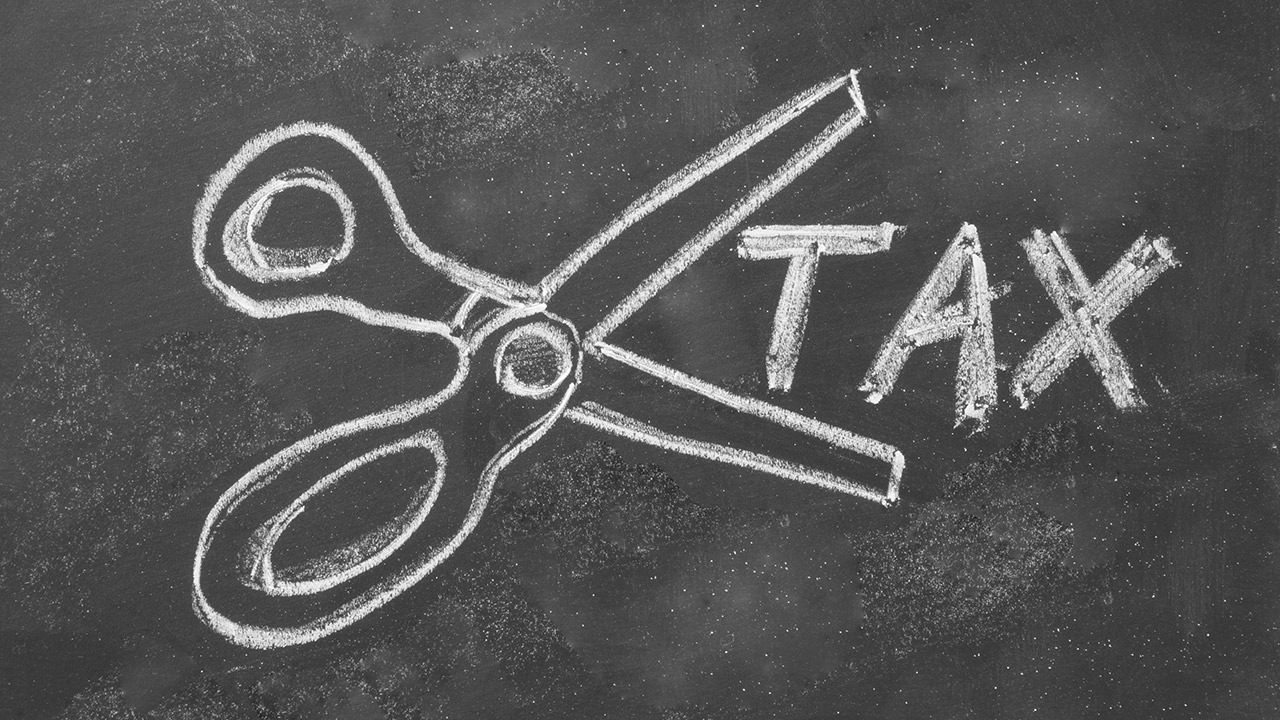Tax Blunders That First-Time Homeowners Make

When Uncle Sam comes knocking on your door, it can be pretty painful to have to part with some of your hard-earned money. Luckily, there are plenty of ways to keep some of that money in your pocket instead of handing it over to the IRS (the legal way), and your home can provide you with plenty of tax incentives. Unfortunately, many homeowners don’t take full advantage of all of the tax incentives that come with owning property.
On the flip side, many homeowners deduct a little too much on their taxes related to their homes, which can put them in hot water when it comes to the IRS.
Here are some of the more common mistakes homeowners make with their homes when it comes time to file their taxes.
Not Keeping Track of Home Improvement Expenses
Whether you purchased a fixer upper or the subject property simply needed a few updates, the money spent on some improvements may be deducted. Any work like this should be documented, including the cost. Unfortunately, many homeowners fail to deduct these improvements.
It should be noted that not all improvements qualify for tax deduction, so it’s important to learn what is eligible and what isn’t. For instance, installing energy-efficient appliances or constructing an entrance ramp for wheelchair access may qualify for tax deductions.
While many other types of improvements aren’t eligible for a tax deduction the same year that they were made, they may lower the amount of taxes you will have to pay if you sell your home for a profit down the line. However, you will need to have kept records to prove that these upgrades were made.
Deducting the Entire Escrow Balance
Property taxes may be funded through your escrow account by your lender, but that doesn’t mean that entire amount can be deducted in escrow. The regular amount that is paid into an escrow account every month to cover property taxes is not always exactly the same as the property tax bill. Many homeowners confuse their escrow amount for actual taxes paid and list their whole escrow balance.
If you’ve been contributing to your escrow account, pay attention to how much you claim as not all of this money deposited in escrow is eligible to be used to pay taxes. It’s important to find out from your escrow account manager precisely how much taxes were paid from your escrow account. In addition, your lender should send you a statement detailing the actual taxes you paid. That’s the amount that can and should be listed.
Forgetting to Itemize
If you have itemized deductions that total more than the standard deduction that you would receive, you may benefit from itemizing your deductions. Itemizing your deductions can help maximize savings on your taxes by allowing you to claim a larger deduction compared to the standard amount. However, you’ll have to keep a detailed record of your expenses and fill out a Schedule A attachment on your tax return.
Itemized deductions related to your home include expenses that you otherwise wouldn’t be able to deduct, and include mortgage interest and property taxes. When these expenses have been itemized, you can claim them. Unfortunately, many homeowners fail to itemize their deductions and therefore don’t take advantage of the opportunity to take advantage of full savings on their taxes.
Not Deducting Refinancing Points
Points that are paid to your lender in order to obtain a home loan can be deducted in the year that you purchased your house. However, in the case of a refinance, the points over the life of the new loan need to be deducted. If, for instance, you paid $3,000 in points to refinance your mortgage into a new 10-year home loan, your tax deduction will be $300 a year.
Forgetting to Repay the First-Time Buyer Tax Credit
Many buyers took advantage of the first-time buyer tax credit for homes that were bought between April 8, 2008, and May 1, 2010, which provided up to $7,500 at zero interest to be put towards home purchases. However, this tax credit needs to be repaid every year for the next 15 years. Even if the home is sold, this interest-free tax credit still needs to be paid back. Many homeowners either forget to include this amount in their taxes, or simply aren’t paying enough.
The Bottom Line
There aren’t too many people who look forward to tax season, and trying to understand all the ins and outs of tax deductions when it comes to homeownership can be pretty confusing. With so many rules and forms to have to fill out, understanding how tax deductions and obligations work can be complicated. On the one hand, you could be missing out on some major savings, and on the other hand, you might be putting yourself in a compromised position if the IRS deems your tax deductions to be way off the mark. Be sure to speak with your accountant about what and how much you can deduct when it comes to your home.